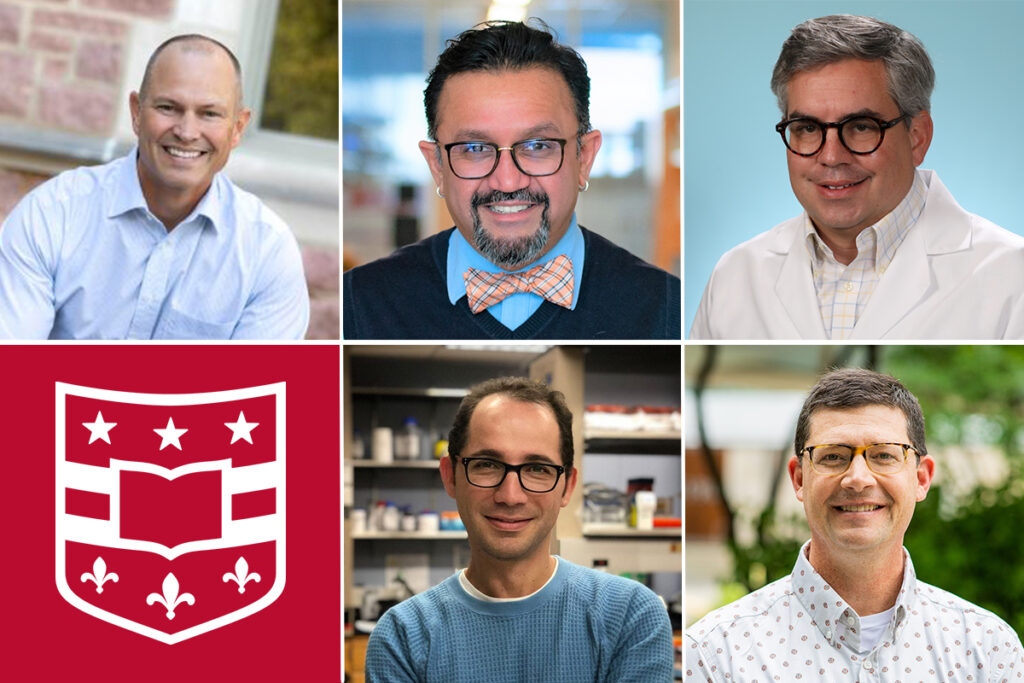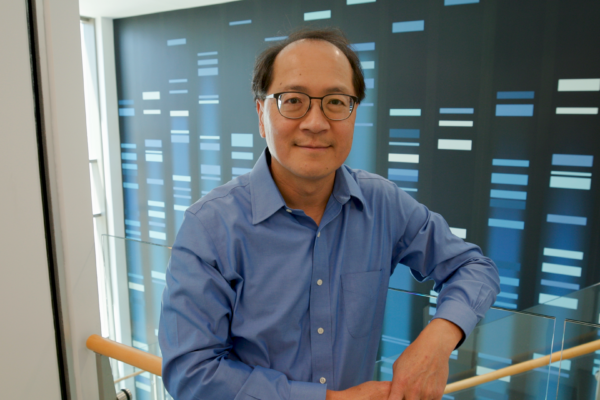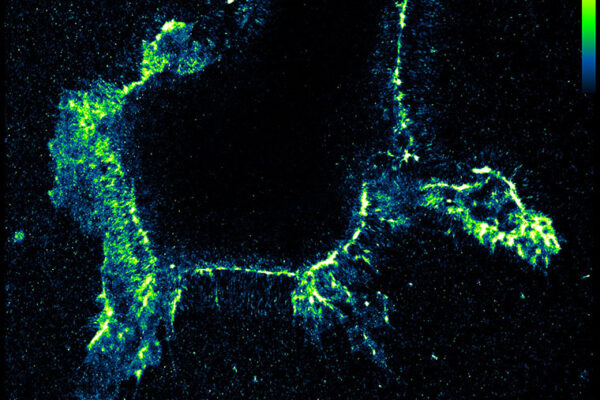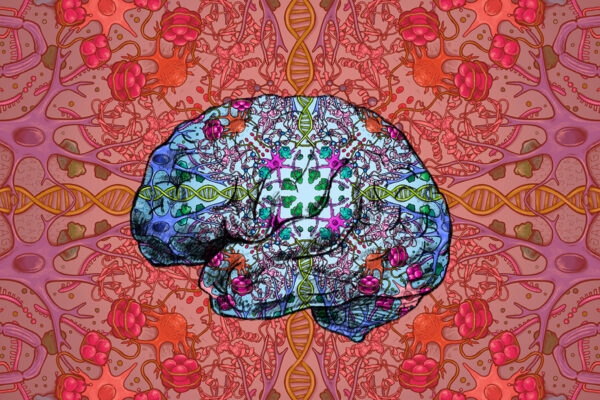
The American Cancer Society (ACS) and venture capital firm Yosemite have selected five Washington University in St. Louis faculty to receive the inaugural ACS-Yosemite research grants. The new funding opportunity supports 20 creative scientists around the country who are advancing immuno-oncology, cell therapy or artificial intelligence approaches to preventing, diagnosing or treating cancer. Each scholar receives $330,000.
The WashU recipients are:
Cory Berkland, PhD, the Mark and Becky Ruhmann Levin Professor in the McKelvey School of Engineering and a professor of chemistry in Arts & Sciences, will focus on a new cancer immunotherapy that seeks to recruit immune cells to tumor tissue and works synergistically with checkpoint inhibitors, which “release the brakes” of the immune system. He will further develop an engineered variant of the cytokine GM-CSF that is designed to “stick” in tumor tissue to alleviate immune-related adverse events and strengthen immune activity.
Gautam Dantas, PhD, the Conan Professor of Laboratory and Genomic Medicine in the Department of Pathology & Immunology at WashU Medicine, is developing a probiotic to deliver immunotherapy to the gastrointestinal tract to target difficult-to-treat colorectal tumors. His project will focus on optimizing the design and function of the yeast-based delivery system, moving the prototype a step closer to being available as a treatment option.
Eric J. Duncavage, MD, a professor of pathology and immunology and director of the Division of Genomic and Molecular Pathology at WashU Medicine, works to enhance the identification of abnormal cells in patients’ blood, bone marrow and lymph nodes to diagnose cancer. The Yosemite-ACS award supports Duncavage’s efforts to apply artificial intelligence (AI) methods to improve detection of myelodysplastic syndromes, a group of cancers that form when the bone marrow produces abnormal blood cells.
Daniel Marcus, PhD, a professor of radiology at WashU Medicine’s Mallinckrodt Institute of Radiology and the director of the Computational Imaging Research Center, will develop AI tools to improve the effectiveness of multidisciplinary tumor boards — committees of specialists who collaborate to assess a patient’s diagnosis and recommend treatments. There are no standard programs to integrate the data that such boards rely on. Marcus’ team will develop an AI-powered platform to present cases that include disease features derived from computational analysis, which can assist in decision making.
George P. Souroullas, PhD, an assistant professor of medicine in the Division of Oncology at WashU Medicine, studies how the epigenome is involved in cancer. The epigenome determines which genes in each cell are active and to what degree. His project will investigate how aspects of the epigenome regulate the immune system’s response to melanoma, an aggressive skin cancer. He also will study how the epigenome regulates melanoma that has spread to other organs.
Beth Miller, Mark Reynolds, Julia Evangelou Strait and Marta Wegorzewska contributed to this story.


